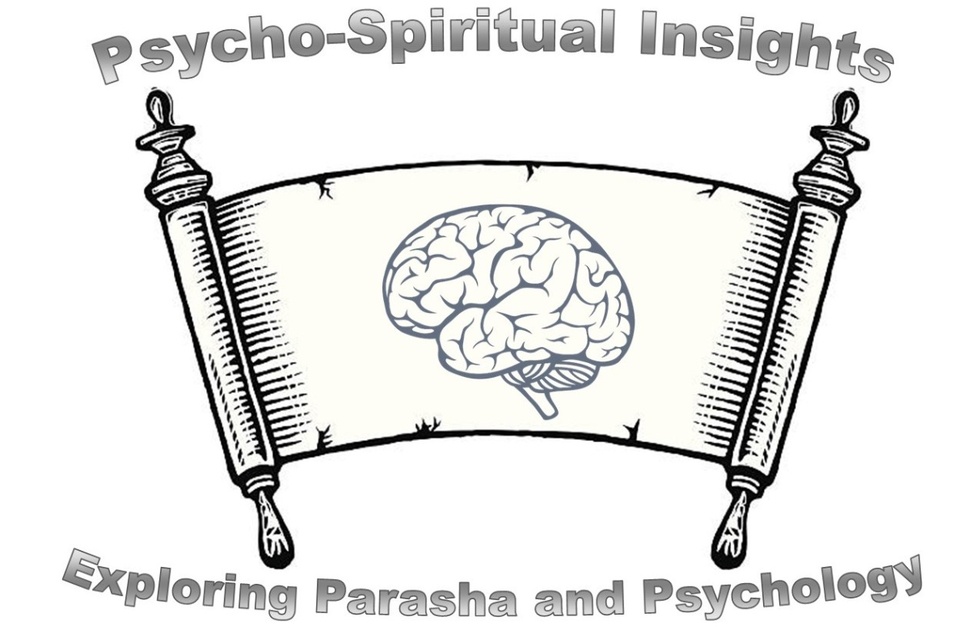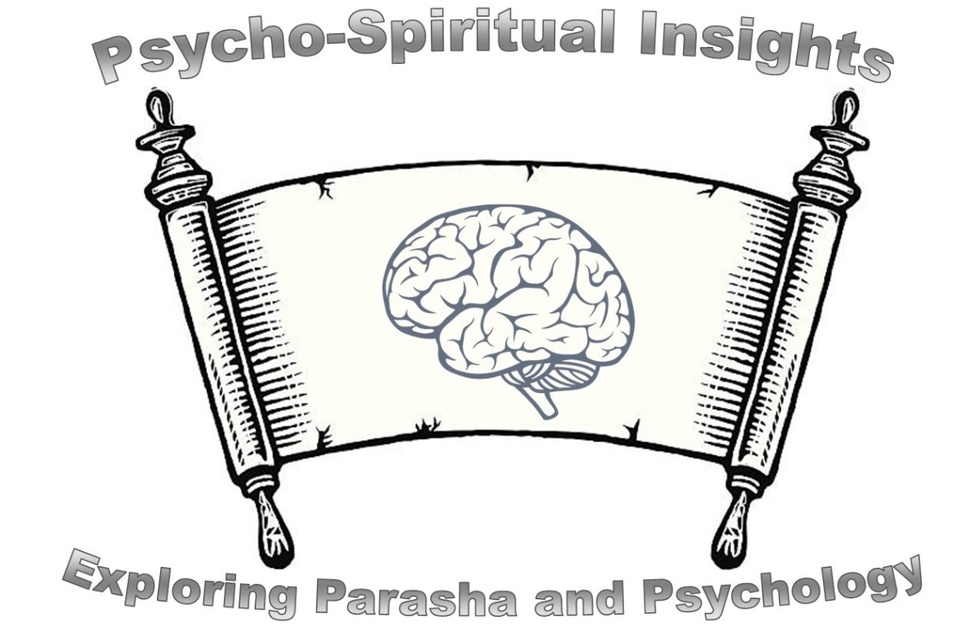
Parshat Vayera provides us with a continuation of the story of Avraham on his path to becoming the ultimate patriarch of the Jewish nation. As described in the Amidah, while we channel all the Avot in the first Bracha, but we end by singling out Avraham. Rambam in the previous parsha citing a Medresh Tanchuma introduced us to the concept of “Maaseh Avot Siman L'banim - Whatever has happened to the patriarchs is a sign to the children.” Avraham Avinu offer us a rich backdrop for exploring the psychological concept of parental bonding. We can gain valuable insights into the complex dynamics of parent-child relationships, the depth of emotional bonds, and the testing of those bonds that we can apply for all future generations.
From a psychological perspective, the concept of parental bonding is central to understanding the development of a child's emotional and moral framework. The attachment theory proposed by John Bowlby emphasizes the significance of secure parent-child relationships for a child's emotional well-being. Children who experience consistent love, care, and communication from their parents form healthy, secure attachments, which serve as a foundation for their relationships and emotional development throughout their lives.
When Chava is created, Adam names her such because, “she is the mother of all life” (Genisis 3:20). Rabbi Lord Jonathan Sacks points out, that motherhood is mentioned in the Torah long before fatherhood (twenty generations to be precise). The reason is that motherhood is a biological phenomenon and common to almost all forms of advanced life. Fatherhood is a cultural phenomenon and always needs reinforcement and increased effort. Based on the qualities he cultivates through the trails he overcomes, Avraham presented the qualities to embody fatherhood. Indeed, Avraham’s original name, Av ram, means “mighty father”, and his enlarged name, Avraham, means “father of many nations”.
In the case of Avraham and Yitzchak, we see an example of a strong, secure attachment. This bond is tested when Avraham is asked to make the ultimate sacrifice—his own son. The powerful story of the Akeidat Yitzchak also reflects the idea that children often look up to their parents as role models. Yitzchak’s willingness to trust his father even when faced with a daunting trial signifies the powerful influence parents have in shaping their children's beliefs, values, and behaviors. Their bond goes beyond mere obedience, but is the result of dedicated time, sacrifice, and attention Avraham placed into shaped who Yitzchak would become. Moreover, the concept of parental bonding reminds us that parents play a pivotal role in guiding their children through life's moral and ethical dilemmas by emphasizing the values system the family cherishes.
Here are three short tips to help cultivate an effective parental bonding:
Quality Time and Presence: Spend quality time with your child, fully engaged in the moment. Put away distractions, such as smartphones or work-related thoughts, and give your child your full attention. This shows them that they are valued and loved, strengthening the emotional connection.
Open and Honest Communication: Foster open and honest communication with your child. Encourage them to express their thoughts and feelings without judgment. Active listening and empathy can create a nurturing environment that promotes trust.
Consistency and Predictability: Children thrive on routine and predictability. Establish consistent routines for daily activities, such as meal times, bedtime, and playtime. This provides a sense of security and stability, which is essential for healthy attachment and bonding.
Parshat Vayera offers a compelling narrative that highlights the psychological concept of parental bonding. The relationship between Avraham and Yitzchak illustrates the depth of trust, obedience, and influence that parents have on their children. This story underscores the importance of secure parent-child attachments, the role of parents as role models, and their responsibility in guiding their children's moral and ethical development. It reminds us that strong parent-child bonds can withstand even the most testing of challenges, and that these relationships are essential for the emotional and spiritual growth of future generations. May we take heed of the lessons from our forefathers for our own benefits and apply them for the future of our children.
Elan Javanfard, M.A., L.M.F.T. is a Consulting Psychotherapist focused on behavioral health redesign, a Professor of Psychology at Pepperdine University, & a lecturer related to Mindfulness, Evidence Based Practices, and Suicide Prevention. Elan is the author of Psycho-Spiritual Insights: Exploring Parasha & Psychology, weekly blog. He lives in Los Angeles Pico Robertson community with his wife and three children and can be reached at Elan.Javanfard@gmail.com.
 Previous
Previous

